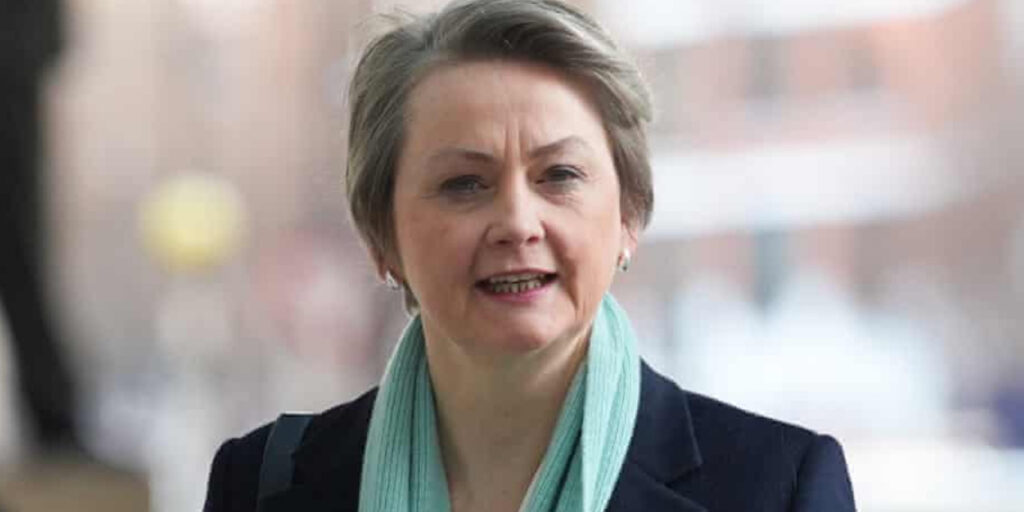Prime Minister Keir Starmer is pushing for improved trade and security ties with the European Union, aiming to cut border bureaucracy while maintaining the UK’s independence from the EU’s customs union and single market. Home Secretary Yvette Cooper confirmed that the government remains committed to strengthening trade without rejoining the bloc.
Starmer’s EU Reset Amid Global Trade Concerns
Starmer’s trip to Brussels comes at a critical time, as potential trade tariffs from former U.S. President Donald Trump on Mexico, Canada, and China raise concerns about global economic stability. With the UK seeking to boost international trade, the Labour government is prioritizing smoother EU relations to benefit businesses and law enforcement cooperation.
Cooper emphasized the need for a stronger relationship with key European partners such as France and Germany, while also enhancing trade with the United States and other global economies. “We want stronger trading relationships all over the world,” she stated, highlighting the government’s intent to remove bureaucratic obstacles at the border without sacrificing sovereignty.
Potential Customs Deal Without Full EU Integration
While ruling out rejoining the customs union as a “red line,” Cooper suggested that alternative arrangements could be explored to streamline trade. Speaking on Sky News Sunday Morning with Trevor Phillips, she reiterated that cutting border red tape was a priority, though the government has not specified what a new customs framework might look like.
At the same time, Starmer faces pressure from Brussels, which is seeking a youth mobility scheme, concessions on fishing rights, and adherence to EU regulations in exchange for trade benefits. The government, however, has been cautious about such proposals, with Cooper dismissing youth mobility as “not the right starting point” for negotiations.
Calls for Economic Impact Analysis on UK-EU Trade Deal
The push for a closer trading partnership has led Liberal Democrat leader Ed Davey to demand a full fiscal analysis of a potential customs deal. In a letter to Chancellor Rachel Reeves, Davey urged the Treasury to commission the Office for Budget Responsibility (OBR) to assess the economic benefits of a new UK-EU trade arrangement.
“The chancellor is tying herself in knots trying to think up new ways to grow our economy. But there’s a solution right under her nose: a new UK-EU customs union deal that boosts trade for British businesses and raises vital tax revenue for our public services,” Davey stated.
With UK businesses keen to regain smoother access to European markets, Starmer’s diplomatic efforts will be closely watched as he navigates Brexit’s long-term economic impact while maintaining political red lines.


